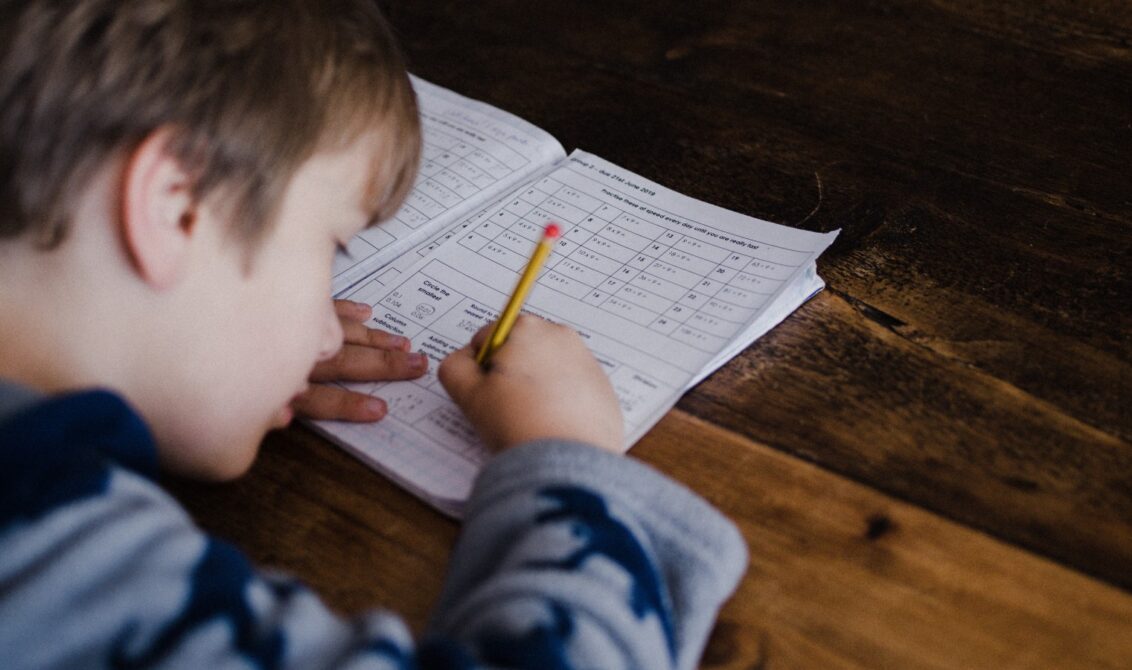
Homework is a polarising topic. It can cause students to feel stressed or anxious. It adds extra pressure on teachers, who are often already struggling with their workloads. And, some parents resent the way homework can cut into family time at home.
Yet despite this, homework is handed out in the vast majority of schools. And, many educators and parents believe it plays a vital role in reinforcing classroom learning. So what does the research say? Does homework really make a big difference in student learning?
Is homework effective in the first place?
This was the question posed by researchers at Rutgers University in a study published last year. Researchers measured student performance on homework and in exams over the course of eleven years – and the results showed an interesting trend.
The study found that as smartphones became more ubiquitous, homework became less effective.
While some students used smartphones to help them complete homework – and got good grades on their assignments as a result – there was a big dip in performance when it came to exams. On the contrary, students who didn’t use the internet to help them with their homework performed better on exams.
This has to do with the way we learn. When studying, it’s important for the brain to generate an answer – even if that answer is incorrect. The process of being corrected helps us to retain information. It contributes to a deep learning process that helps us store new content in our long term memory.
But if you look up the answer online and then simply write it down, chances are you won’t actually remember the answer – and won’t be able to reproduce it under exam conditions. This is called shallow processing.
So what does this mean for homework? Well, there’s the danger that homework could become useless if students use their smartphones to help them complete it. It’s not just about what students are learning, but rather, how they are learning.
How homework can help with lost learning
However if homework is carefully designed, it can be very effective in supporting what students are learning in class. Now, that’s more important than ever. Since education was heavily impacted by the COVID-19 pandemic in 2020, teachers have found that there are large gaps in their students’ knowledge, as well as differing levels within classes. There is a lot of pressure for students to catch up. And, assigning additional work to be completed at home could be one way of filling in these gaps.
A meta-analysis of fifteen years of research on homework found that, overall, there was a positive correlation between homework and achievement. This was especially pronounced in secondary-age students. Other studies show that, compared to classes where homework isn’t given out, there’s a typical learning gain of 5-6 months for secondary students.
What’s more, the practice of doing homework helps to build effective study skills. It teaches students about time management, encourages responsibility, and instils the ability to learn independently.
The pushback on homework
Despite the positive effect that homework can have in some students, opponents argue that children and young people need time to relax and decompress after working hard all day at school.
And, there are some studies that show homework doesn’t have much benefit depending on the age and stage of learners. Homework researcher Professor John Hattie found that homework in primary schools makes no difference to learner achievement. Other activities at home can have just as much educational benefit, such as reading, or baking, or simply playing.
What’s more, too much homework can also have a negative effect on students’ mental health. A survey of over 4,000 students from 10 high-performing schools found that large amounts of homework contributed to academic stress, sleep deprivation and a lack of balance with socialising or practising hobbies.
As a result, many families have pushed back. A few years ago a homework strike in Spain made headlines around the world. Parents and children exercised their “constitutional right that families have to make what they consider to be the best decisions for family life.” The organisers of the boycott declared that children’s free time had disappeared. They considered that the pressures of homework were to blame.
Homework: ripe for reform?
Homework reform is certainly overdue. For homework to have real value, it needs to be clearly related to what students are learning in class. Students shouldn’t be able to look up the answers on their smartphones. And it’s important to get the balance right. The US rule of thumb is 10 minutes per grade. And for secondary age students, 90 minutes of homework a day is the ideal amount for improving academic performance.
Schools and parents must ensure that homework doesn’t interfere with a healthy balance of exercise, family time and downtime – especially after a difficult year of online learning and limited social interaction. Stressed out, anxious students just won’t learn as effectively, and overloading them with homework will do more harm than good.
So what is your approach to homework? How do you choose tasks to assign to your students? Is their rate of homework completion high – and do you think it makes a difference to their levels of educational achievement? Let us know what you think on our social channels!
Photo by Annie Spratt on Unsplash
Sign up to receive our blog updates
Like what you read and want to receive more articles like this direct to your inbox? Subscribe to our blog and we’ll send you a fortnightly digest of the blog posts you may have missed, plus links to free resources to support your teaching and learning.

